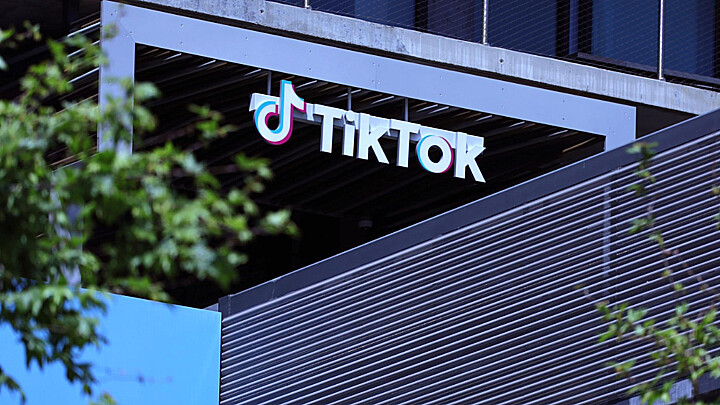Technology
Facebook censors critics of Vietnam’s communist regime to avoid losing profits
Whistleblower claims Facebook prioritizes the company’s image and profits instead of the public good
October 26, 2021 10:58am
Updated: October 28, 2021 9:09am
Thousands of internal Facebook documents were leaked and accessed by major U.S. media outlets this week. A recent report by The Washington Post titled “The Facebook Papers” claims Facebook agreed to censor critics of Vietnam’s Communist Party to ensure Facebook’s operation in the country. Facebook’s annual profits in Vietnam are $1 billion, the report said.
The report questioned the statements Mark Zuckerberg made at the U.S. Congress on March 25, when he claimed that Facebook does not incite polarization or increase citizen anger in exchange for profits.
Whistleblower Frances Haugen, a former Facebook product manager, obtained more than 10,000 internal documents. Two weeks ago, she shared these documents with the Securities and Exchange Commission, claiming the social network prioritizes profits over the safety of its 2.8 billion users.
Mark Zuckerberg replied to the allegations by claiming that Haugen is presenting a “false narrative” and “mischaracterization” of Facebook.
Hagen insisted that Facebook knows the harm it causes to society. The internal documents show how the company does not control hate speech or the algorithms that generate polarization, she said. The documents also reveal how the social network failed to act during the assault on the U.S. Capitol last January 6, according to Haugen and The Washington Post.
Mark Zuckerberg, 37, is the seventh richest man in the world. He controls 58% of Facebook’s shares, the parent company of WhatsApp and Instagram, and has a fortune of 116 billion dollars, as estimated by Forbes.
Zuckerberg has unilateral control over three billion people and Facebook’s top management does not seem to be willing to change this, Haughen told the British House of Commons. According to the whistleblower, as long as there is no opposition, Facebook’s operation will continue to obey the interests of the company’s shareholders and not the public’s interests.










